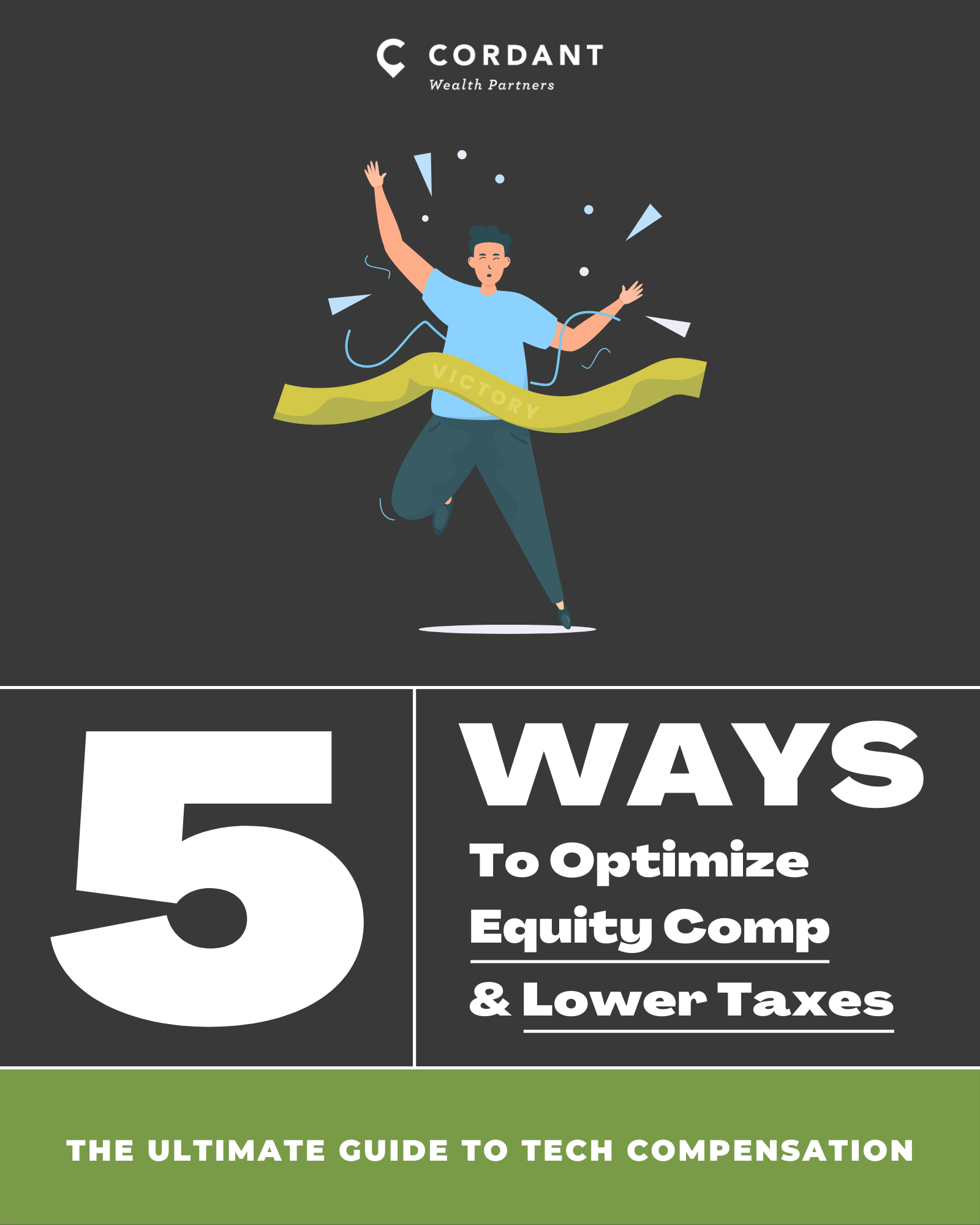What if investment A was otherwise identical to investment B, but had an upfront fee and significantly higher transaction costs than option B: Which would you rather own?
Would you be willing to pay more for the ease of having something delivered to your home versus dragging yourself out to a store and then hauling it back home? That is, does convenience justify a premium?
What if alternatives solutions to a problem were lacking: would you be willing to pay more to solve your need than you otherwise would?
Elevated valuations on the US stock market relative to its long-term history are often cited as reason for alarm—like picking up nickels in front of a steam roller according to a recent Yahoo Finance article. And it’s true that current valuations, using the cyclically adjust price-to-earnings ratio made famous by Nobel Laureate Robert Shiller, are above average—27.9 currently vs. the 1881 – 2016 average of 16.7. However, since 1990 we’ve spent 95% of the time above this 135-year average. Valuations do have some predictive power over long-term returns—it’s one reason we think it’s important to have a meaningful allocation to cheaper foreign developed and emerging markets stocks right now—but high valuations don’t necessarily mean we are due for a market crash.
The fact is, valuations work poorly as a marketing timing indicator. Plus, things change. The economy and the stock market are adaptive and evolving systems which are impossible to predict accurately because, according to economist Joseph Schumpeter, “indeterminate human behavior is always involved.” The conditions of today are drastically different from what they were in the late 1800s or early 1900s. Taxes are, for the most part, lower; the costs of owning stocks have fallen dramatically; stocks are dramatically more convenient to buy and sell today than ever before; and given low interest rates today, bonds, a preferred alternative to stocks for many, are deemed less attractive.
We wrote last time about the importance of humility in one’s investment process. So, the next time you read that the market is “very expensive” with an implication that a crash is right around the corner, ask yourself: What if? What if there are some very good reasons why valuations on stocks are higher now given the current economic and market dynamics than they were during the presidential terms of Grover Cleveland, William McKinley, Teddy Roosevelt or any other president over the last 135 years?
Further Reading:
Investors enter 2017 in front of a stock market ‘steam roller’ (Yahoo Finance)
A Call for Kintsugi Portfolios (Above the Market)
Investment Costs Have Never Been Cheaper (Fortune Financial)
The Impact of Taxes on Investor Returns (Philosophical Economics)
Click here for disclosures regarding information contained in blog postings.
Cordant, Inc. is not affiliated or associated with, or endorsed by, Intel.


